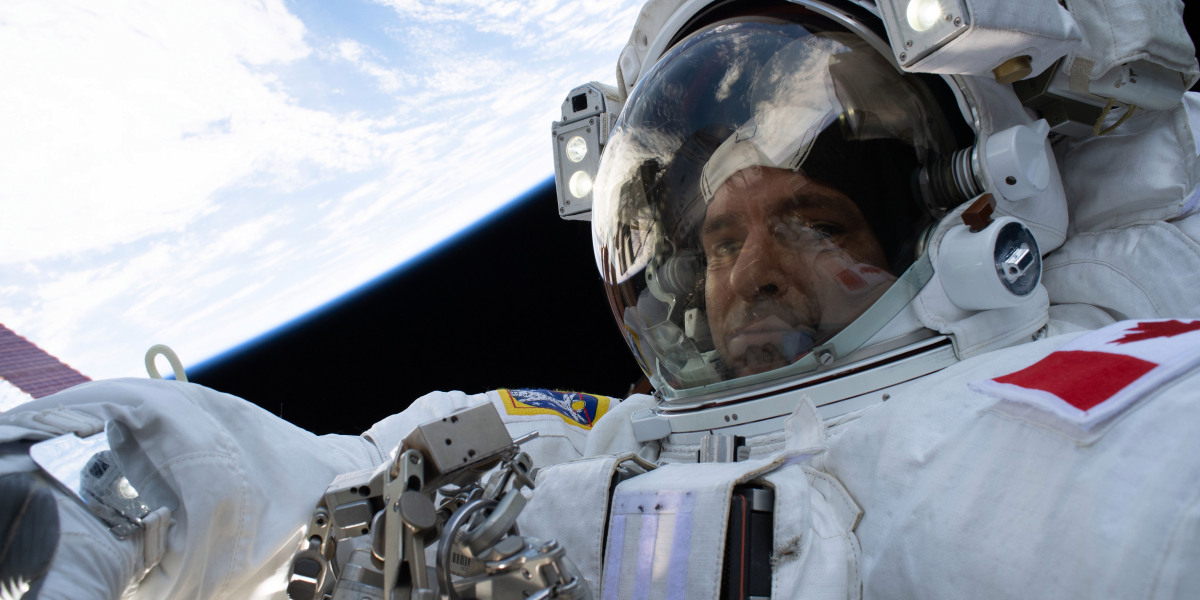
How have these experiences colored and affected your time in space?
Every astronaut is different. There is no set path. What space agencies really look for is a kind of jack-of-all-trades, because once you are up in space, you have to be able to tackle pretty much any problem.
I really am an engineer at heart. My fundamental inclination is a love for machines. I just like to solve problems and then put them in a box. I think the fundamental definition of medicine is really an interest in people. You’re putting yourself in someone’s shoes and then deciding, “What would I do if that was me, or my brother, or my mom?” That’s what I found fascinating in medicine. It brings you right at the core of what it is to be human. It helps you cut through the noise of culture, to reach to the heart of individuals. It’s super useful in space. You can speak in a really reassuring way and put things in perspective and be helpful. And it’s always reassuring if there’s a condition on board. For the crew, it’s kind of up to us to take care of each other.
You’ve gone back to being a practicing physician during the pandemic. Has being in space changed how you approach medicine?
I do strongly feel that I’m still in space—I’m just on mothership Earth. That perspective never leaves me. From space, you glimpse the Earth, and it’s of course beautiful: a glowing blue, and the oceans and the city lights at night are a gracious kind of dance of life. But what is most impressive is when you turn your back from Earth and look the other way. And all you see is nothing—just emptiness. You can imagine that goes on forever. It’s very endearing to see how exposed humans are on this little fragile miracle of a planet. It’s given me a kind of a very endearing love for humans, and how it’s incredible that we are clinging on to this place and develop all this culture and raise children and be inventive and create art. It’s made me love people.
For people who are unfamiliar with how space and medicine intersect, how would you describe some of the ways that the medical research we’re doing in space will benefit people on Earth?
We do a lot of research in space on the astronauts. Because there’s a bunch of ailments that affect astronauts. Just being in the environment of space is bad for you. No sense of gravity; space, radiation, isolation, and confinement—the stress of this environment is just very bad for you. So we’re like perfect guinea pigs for medical research: bone health, cardiovascular health, cerebral health, psychology, psychology, hematology, immunology—you name it.
The other aspect is in medical technology. We need to make the astronauts capable of helping themselves and helping each other in this super-remote environment. That problem is identical to the problem faced here on Earth when we’re enabling medical care for people that live in rural areas and remote areas, for workers in dangerous environments, for our military on a mission, for big expeditions, or for elderly people who are too frail to even go to a clinic. So that problem of bringing medicine to the patient is a very modern thing. And I think the pandemic has given us all a great appetite for that capacity to bring medicine to the patient—using space to test how these things work.

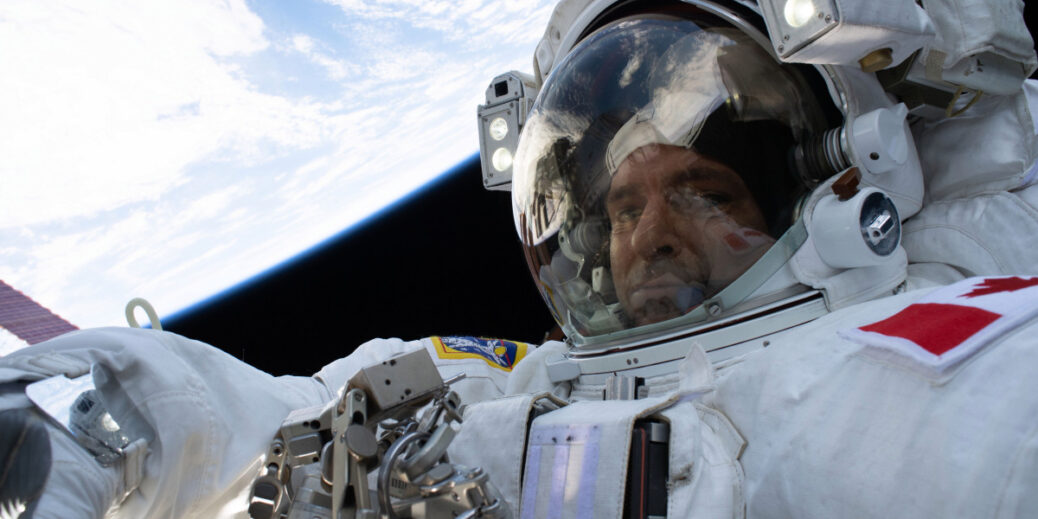
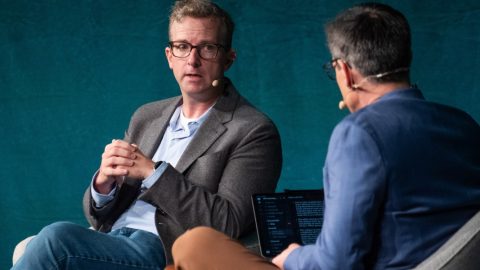
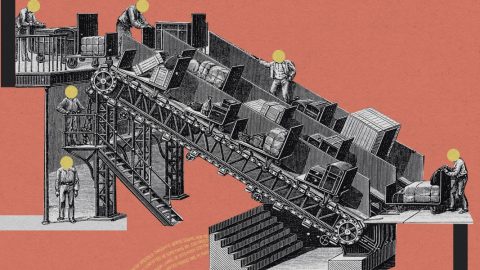


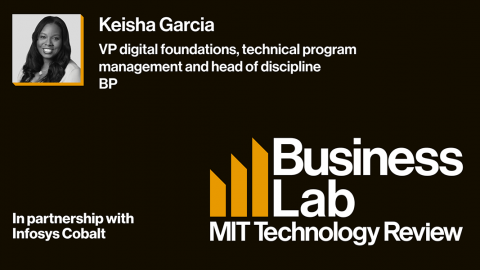
Recent Comments